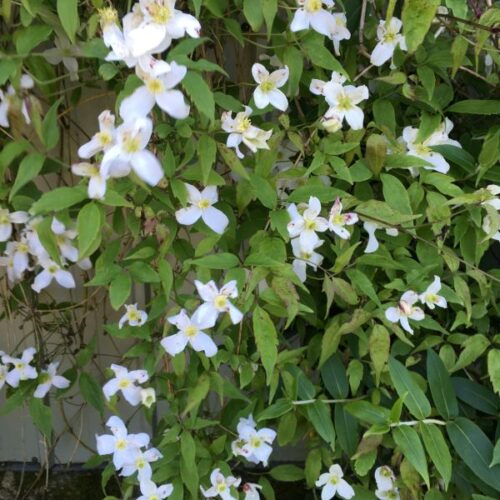
Burrowing into your writing –Close observation
When we sit down each day and do our work, power concentrates around us. The Muse takes note of our dedication. She approves. We have earned favor [sic] in her sight. When we sit down and work, we become like a magnetised rod that attracts iron filings. Ideas come. Insights accrete.
Steven Pressfield is more famous for the non-fiction books he wrote after his novels than he is for his heavily-researched historical bestsellers. In the writing manual
The War of Art: Break Through the Blocks & Win Your Inner Creative Battles he asks; are you a writer that doesn’t write? Channelling your energy, overcoming fears, unlocking potential…this is the advice that is given so often, it’s become a writer cliche, hasn’t it?
Yet what he says in the passage above that I’ve quoted from the book, is original thinking, that speaks directly to any artist that has created something in the past. Yes, isn’t that just what happens when we create? Sometimes, when writing, it feels as if I’m burrowing down and down, like a mole, deeper and deeper into my thoughts, down to where insight and inspiration…the muse herself…is reachable.
Good writing manuals tend to echo the ones that came before. In Writing Down the Bones, Natalie Goldberg says…In writing practice, there’s no direction. You enter your own mind and follow it where it takes you. We have a great need to connect with our own mind and our own true self. And all of us have a story to tell.
You don’t actually have to do it sitting down, thought. One of my own methods of creating new ideas, new characters or new scenes for my stories, is to begin a regular, gentle, mindless activity (walking alone is my favourite) to allow those deep, deep insights to emerge. I can return from a walk, or from listening to a piece of music, with new scenes ready to be written, or new understanding about my character’s lives.
This must be a core practice for us writers, whether accomplished on a walk, or at the writing desk; finding ways to open the conduit that takes us into the subconscious realm. It’s there that all the starting points are available for download; a flow of images, memories, snatches of phrasings, associations and feelings that can be tapped. It’s our very own muse, offering the words we can capture and bring to life with keyboard or pen.
Above, Pressfield and Goldberg make it sound easier than it might be for some writing students, but regular practice at burrowing down to find your muse is the key to success. Routines exercises such as doing a freewriting every morning, can really help loosen the chains over the trapdoors to our own creative burrows.
If you already know you will freewrite for 10 or so minutes each morning, you can aid this practice and find even more benefit from it, by using ‘close observation’ during the day.
Observing closely is not something the average person does during their average day, but it’s a key to finding your writing muse. And so simple! Just spend a small amount of time paying close attention to your environment. Register the sensory responses you have for ten minutes or so, focusing on your inner relationship to them…that link between what you sense (see, hear, feel, taste, smell, understand, infer, intuit).
Take this exercise with you, through your day, stopping intermittently to spend what might only be a few seconds observing closely and registering the sensory experience.
For instance, you’re in the kitchen, cooking dinner and finding it a bit of a chore. The vapours from the spices you are frying are actually stinging your eyes. Take a moment out to really experience this, the way their smell becomes actual taste, the way the heat can affect membrane.
Or you are in your workplace, trying to keep your social distance from colleagues, and the tapping of keyboards comes into your head, reminding your of staccato percussion instruments, or heavy rain on a thin roof.
Or you’re going home through the streets and the sun is pouring down, turning the tarmac sticky beneath your soles, sending up a burning sensation that is touch, taste and smell, and of course, it’s winging you back to some other memory, of childhood summers or foreign holidays.
Or you’re standing in your own garden, looking at a wild flower that’s invaded your lawn, getting up so close that you notice for the first time, the depth of colours, the detailed textures under your fingertips, the freshness of the smell.
Or you’re eating a pear, and your teeth sink into giving, juice-laden flesh, and the scent of pear-drops comes into your nose.
For those brief moments, everything stops, and you bring your mind into the moment. You are not going to forget these close observations quickly, although making notes in the pad in your pocket can help your recall the glimmers of other thoughts that almost surfaced.
The following morning you start your freewrite and you have something perfectly remarkable to record, because the memories of those senses will stimulate memories and your imagination, taking you on a voyage of discovery. As you write, you’ll be burrowing down, deeper and deeper. to the places with the most potency, where your muse awaits you.
|
|







Yes, yes, yes. Observe, observe, observe. That’s where it all begins. Then comes the invention.
Advice to any would-be writers: how about taking a course in drawing or painting first? That’s what got me launched.